
Davy Crockett is often remembered as a legendary frontiersman and politician, but there’s more beneath the surface. His life included surprising ventures and struggles rarely talked about. These forgotten chapters add new layers to the familiar story, offering a fresh look at the man behind the myth.
Grew Up In A Tavern
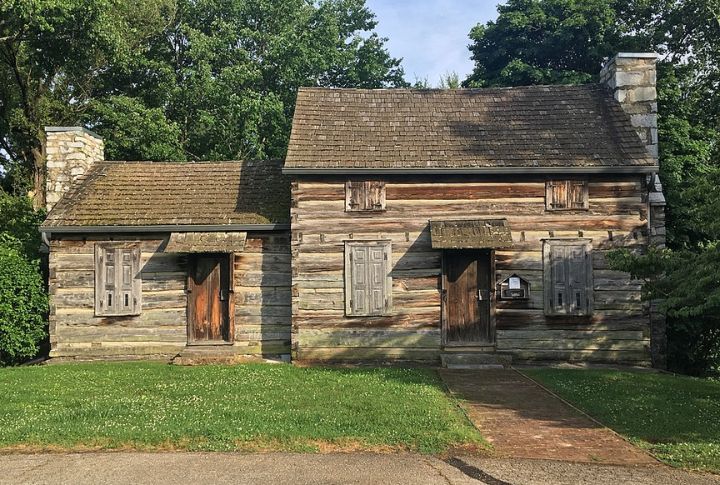
Davy Crockett’s formative years unfolded in his father John’s tavern in East Tennessee. There, he likely acquired basic knowledge of blacksmithing and woodworking. Meanwhile, his young mind absorbed tales of exploration and adversity, deepening his grasp of life on the American frontier.
Work That Built Survival Skills
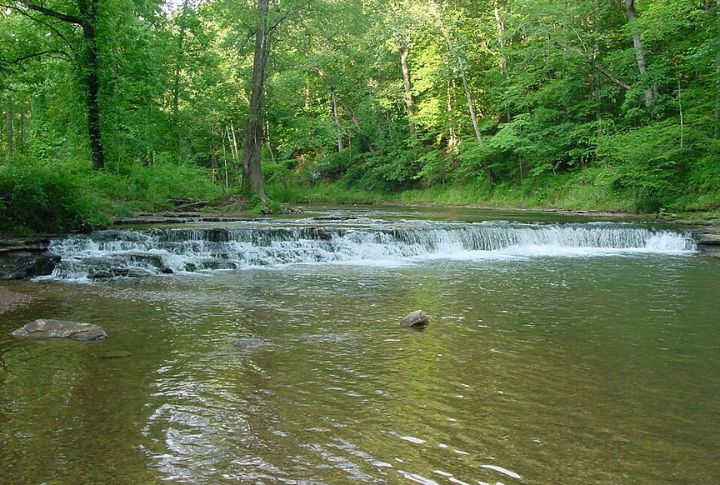
In his teen years, Crockett served as an apprentice drover, guiding cattle from Tennessee to Virginia markets. These expeditions and untamed terrain demanded strength and observation. Those rugged treks honed his sense of direction and carved the grit that made him a frontiersman.
Lessons From The Land And Its People
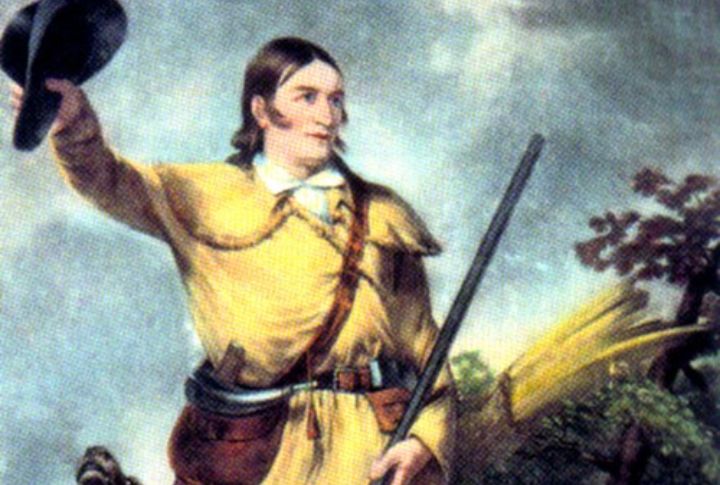
His rifle accuracy became legendary—a skill forged through careful study of Indigenous hunting methods. Crockett also figured out how to track animals by their prints and follow herds without getting lost. He learned to identify plants and build shelters using skills shared by Native communities.
Ran Away As A Child
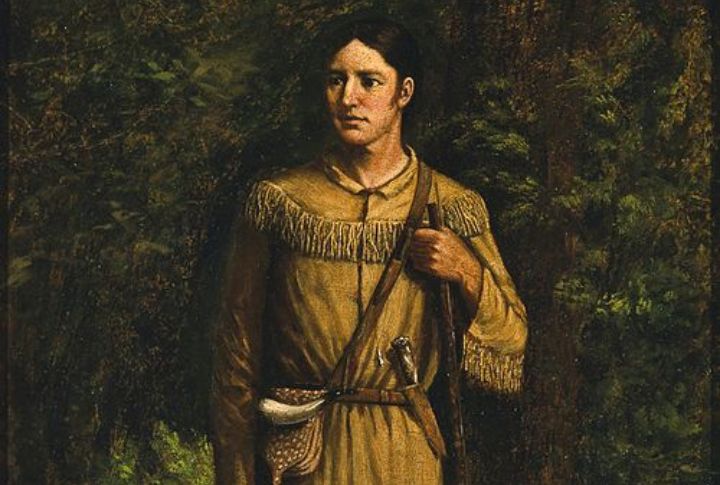
Crockett’s time at school ended abruptly. After a scuffle with a classmate, he feared his father’s reaction and ran away at the tender age of 13. Over the next two years, he wandered across Tennessee and Virginia, picking up work as a drover, farmhand, and apprentice wherever he could.
Love Of Nature And Hunting
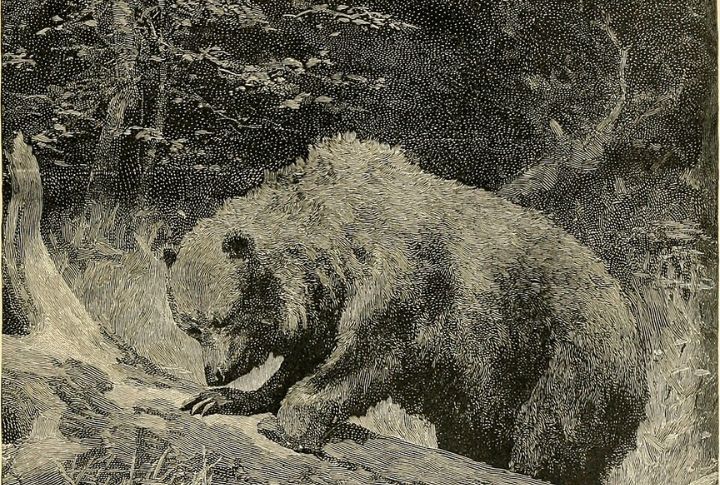
In one season alone, Crockett hunted over a hundred bears. For him, the wilderness wasn’t just a hunting ground—it was freedom and self-reliance. His hunts served both survival and trade, as he bartered bear pelts to help support his family’s needs.
Illiterate Until His Late Teens
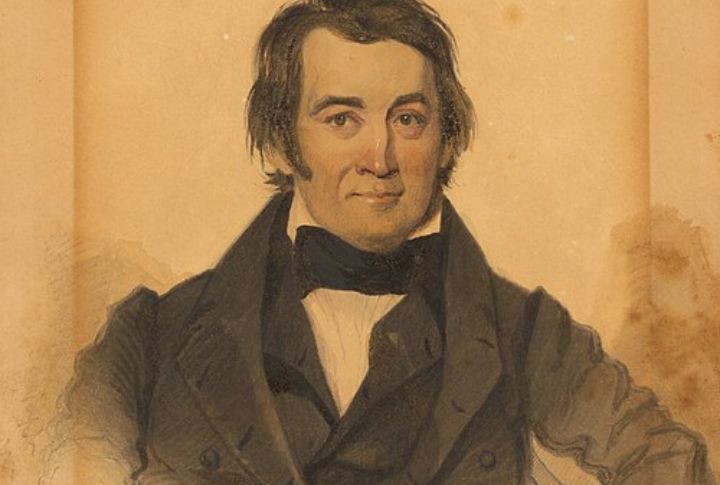
Crockett had very little formal education, attending school for only a few days at a time. He remained illiterate until his late teens. Over time, he taught himself basic reading and writing skills, but his autobiographical writings were dictated to a ghostwriter.
Loved Storytelling
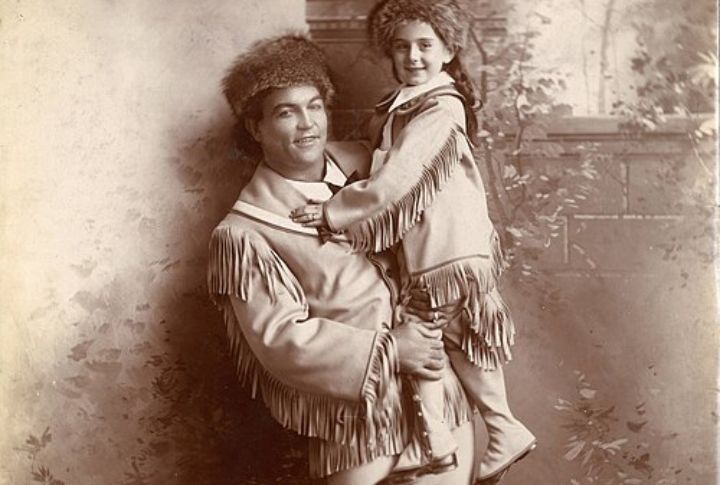
Crockett had a gift for spinning a good story, long before he became a household name. His sharp wit and tall tales made him a local favorite, and that same charm carried into his political life, where his folksy style helped him win over voters.
Founded Multiple Businesses
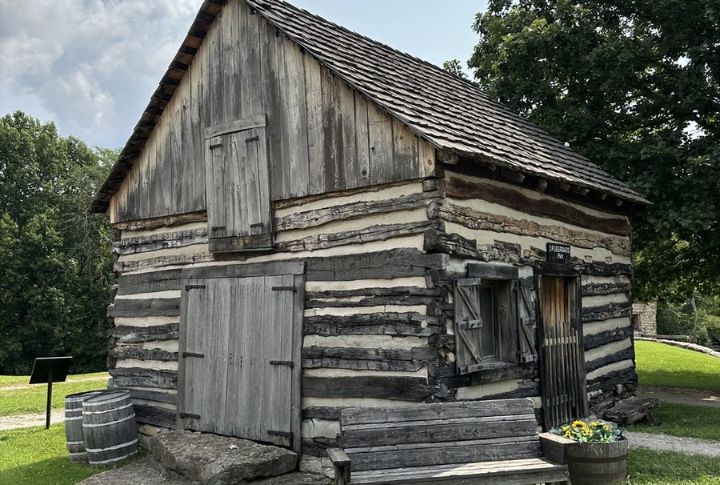
In 1817, Crockett settled near Shoal Creek and got to work. He built a powder mill for hunters, a gristmill to help local farmers, and a distillery to keep whiskey flowing. Each venture reflected the frontier’s needs and his determination to carve out a life through trade.
Deeply In Debt Most Of His Life

Though admired across the country, he never found financial peace. Crockett lost money in failed land deals and suffered a political defeat after opposing Jackson, which cut off his steady income. His farming ventures also fell short and financial strain drove him to seek opportunity in Texas.
Barrel-Making Business
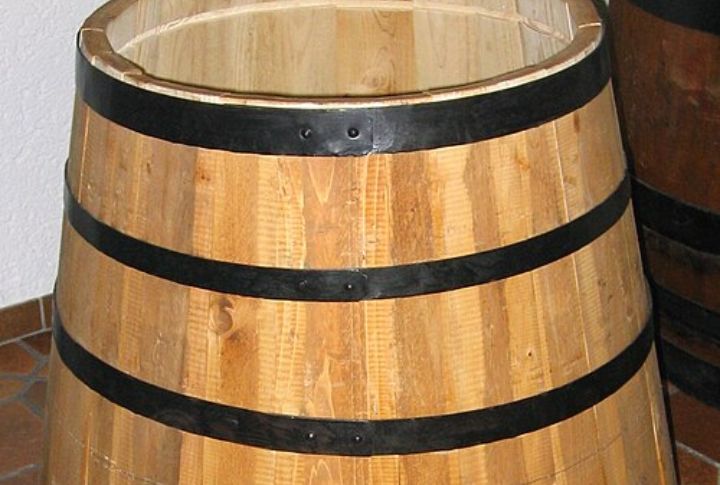
After Crockett stepped away from politics, he jumped into making barrels for a while. He’d put together wooden staves that people used for storing and moving things around. The new trade represented economic necessity and his effort to recover from earlier financial losses.
Had French And Scotch-Irish Ancestry
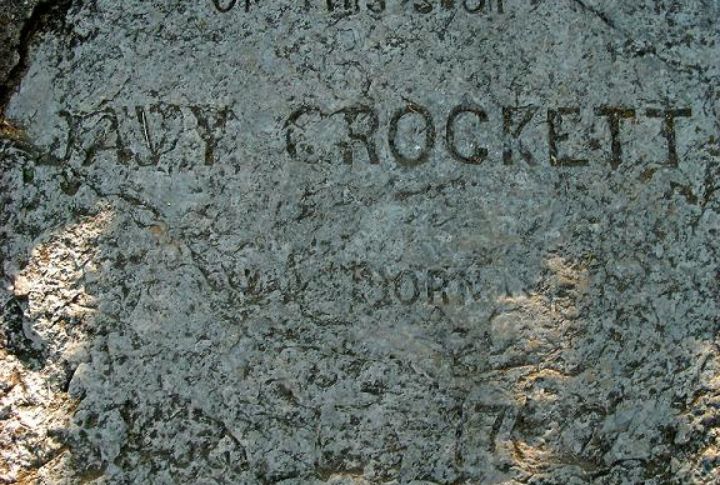
Crockett’s lineage mixed French Huguenot, Scotch-Irish, Anglo-Irish, and English roots. His ancestors fled France, found refuge in Ireland, and then sailed to America. His grandfather fell in a frontier clash and his father fought at Kings Mountain. All of this helped shape Davy’s identity.
Served As A Militia Colonel
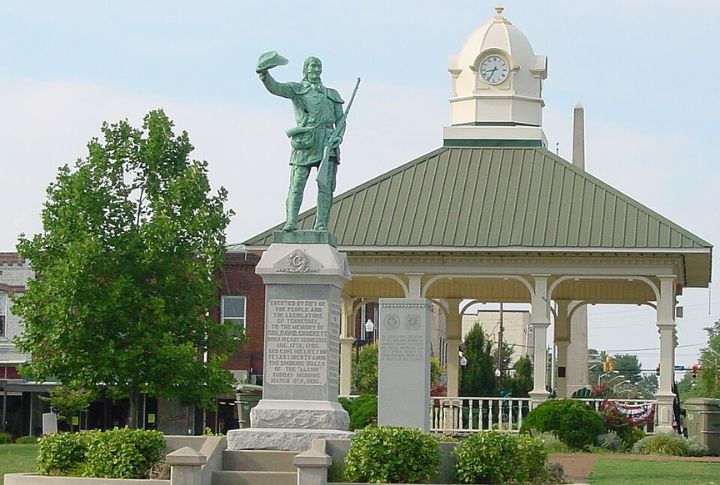
Crockett’s military ascent began in the War of 1812, when he served as a sergeant and later as a lieutenant. His 1818 appointment as a colonel in Lawrence County made him a community leader. This military tenure directly shaped his political path, leading to legislative office by 1821.
Fought In The Creek War
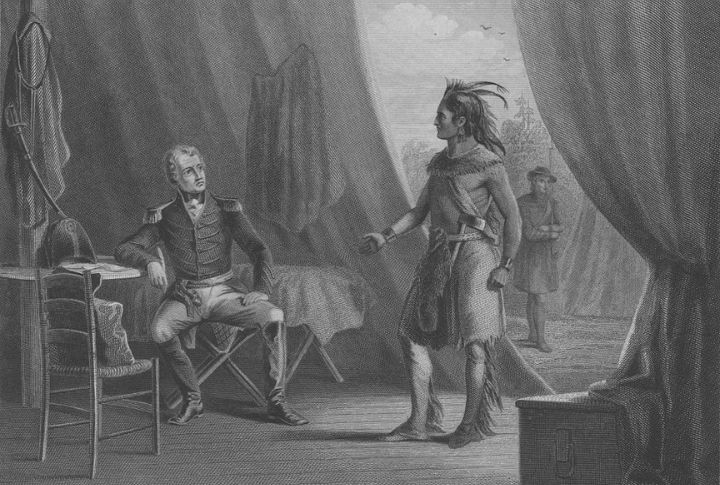
Serving as a Tennessee volunteer during the Creek War of 1813 to 1814, Crockett fought the Red Stick Creeks, a faction resisting US expansion. Serving under Andrew Jackson, he took part in key battles like Tallushatchee and Talladega, bolstering his frontier reputation and political prospects.
Opposed Indian Removal Act
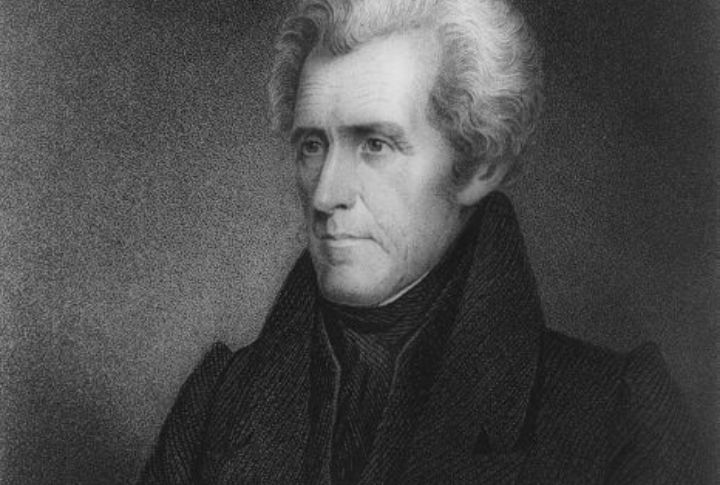
Though once aligned with Andrew Jackson, Crockett broke ranks over the Indian Removal Act. He openly opposed the forced displacement of Native tribes, particularly the Cherokee. His stand for justice cost him political allies—and ultimately, his seat in Congress.
Became A Folk Hero In His Lifetime
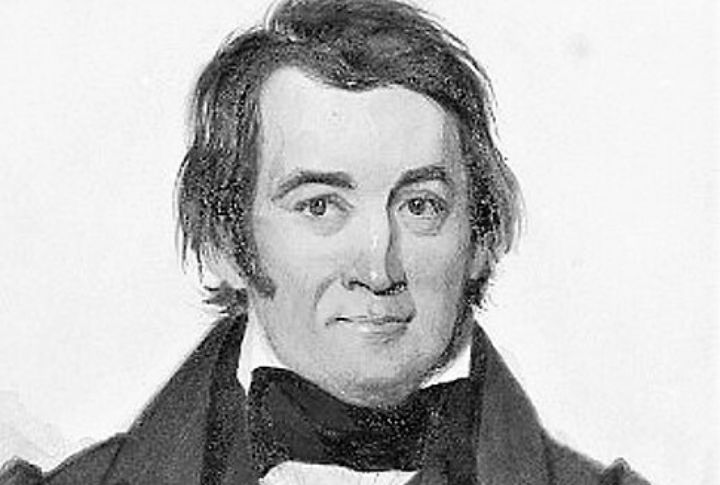
Davy Crockett’s folk hero image grew during his lifetime. Stage plays hyped his bravery and almanacs spun wild frontier tales from 1835 to 1856. Local newspapers also tracked his hunts. Together, these media created a legend, earning him the enduring title King of the Wild Frontier.
Married Twice
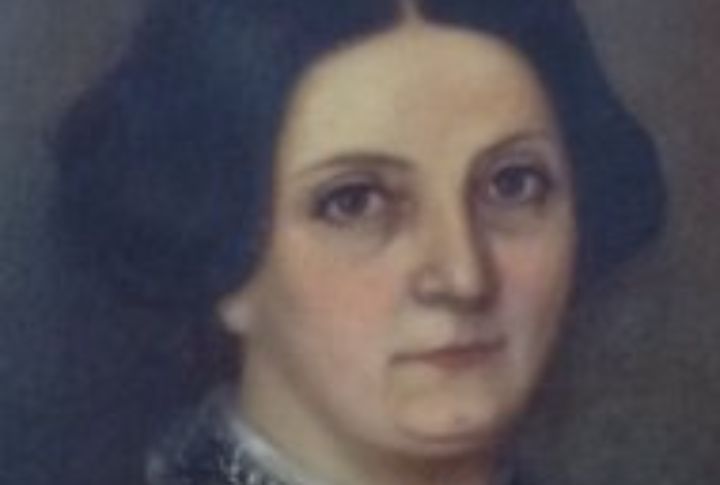
Crockett’s love life saw two marriages. His first wife, Polly Finley, died in 1815 after giving him three children. He later wed Elizabeth Patton, a widow with two children. After his passing, Elizabeth relocated to Texas and received 320 acres in recognition of his military service.
Coonskin Cap
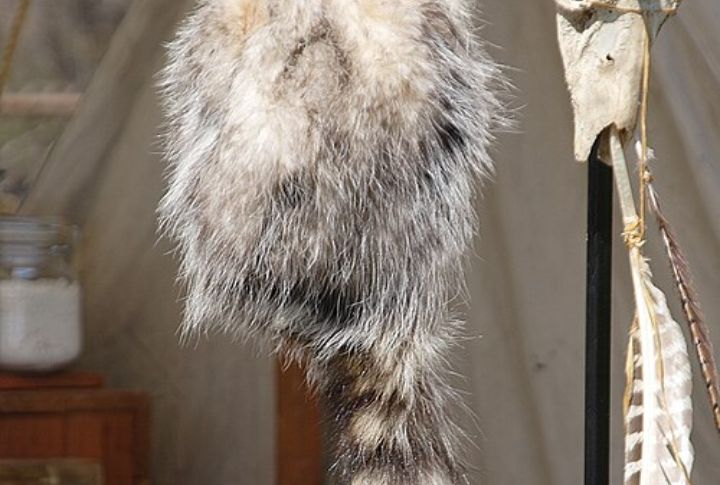
The widely recognized coonskin cap, though emblematic of Davy Crockett, was largely a fictional embellishment. This iconic image emerged after his death through theater shows in the 19th century. In reality, he favored more practical fur hats or wide-felt ones that were more suited for frontier life.
Wore Frontier Attire
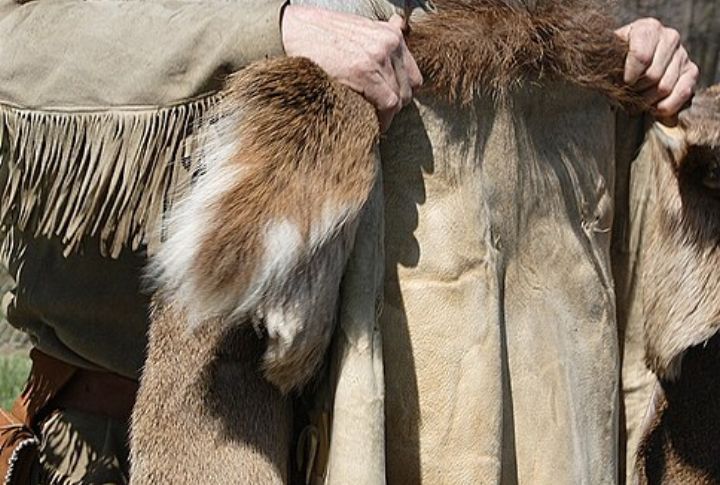
Out on the frontier, Crockett’s buckskin clothing was more than a costume. Crafted from hide, it stood up to bad weather and constant movement. When he stepped into Congress, he wore the same rugged outfit of moccasins, leggings, and a utility belt—refusing to discard his roots for politics.
Wrote A Best-Selling Autobiography
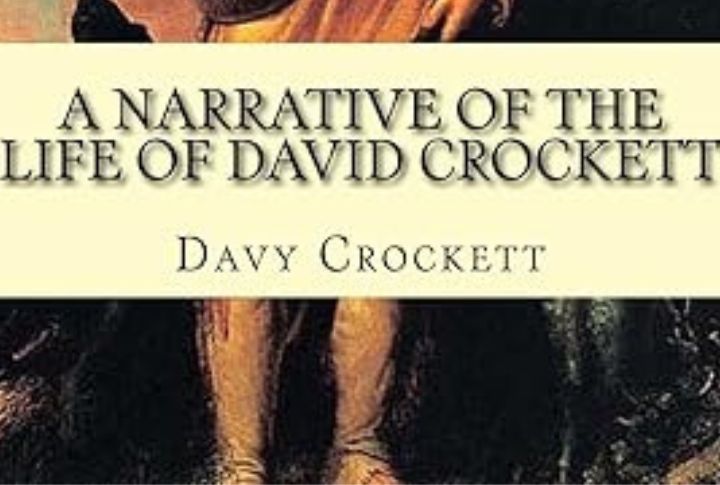
His autobiography, “A Narrative of the Life of David Crockett,” shaped public perception nationwide. Written to correct false portrayals, it became a bestseller. Though it failed to secure Crockett’s reelection, the book is a firsthand glimpse into frontier hardship and early American politics.
Campaigned For Equal Rights
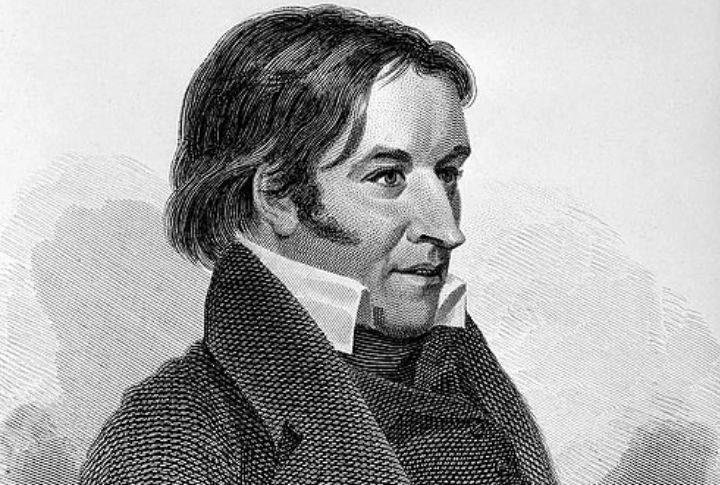
Crockett challenged laws that favored wealthy land speculators. He believed that everyone deserved a fair chance to own land, whether by purchase or settlement. Throughout his political career, he championed frontier justice and fought to protect small farmers from unfair policies.

